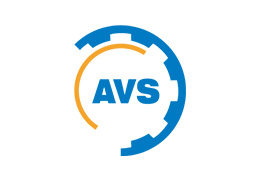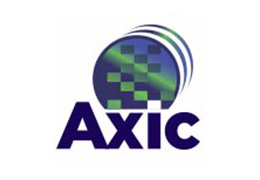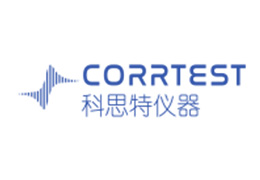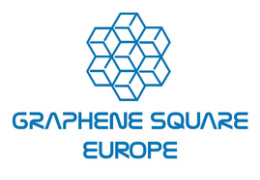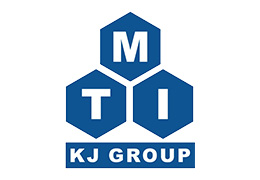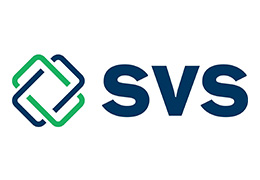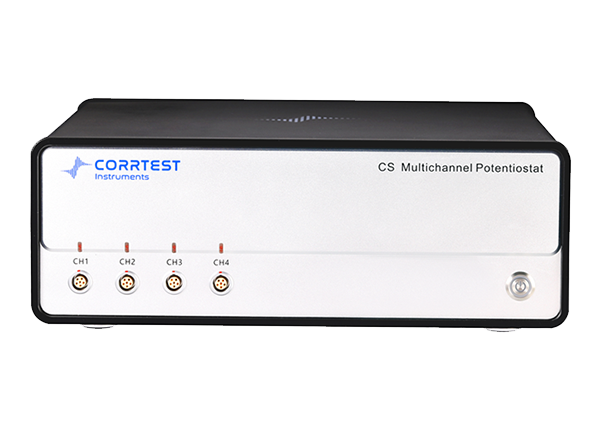Product Introduction
CS3104 multichannel Potentiostat Galvanostat can achieve simultaneous measurements for up to 4 channels. For each channel, current control range is ±500mA, potential control range is ±10V. It supports floating mode, and uses Ethernet connection. Each channel is completely independent. Multichannel potentiostat brings convenience to those who have many samples, and is an ideal device for studies of energy materials, metal corrosion etc. EIS module (10μHz~1MHz) is equipped one channel.

(1) Reaction mechanism of Electrosynthesis, electrodeposition (electroplating), anodic oxidation, etc.
(2) Electrochemical analysis and sensor;
(3) New energy materials, advanced functional materials, photoelectronic materials;
(4) Corrosion study of metals in water, concrete and soil etc;
(5) Fast evaluation of corrosion inhibitor, water stabilizer, coating and cathodic protection efficiency. Standard supply
Instrument host *1
CS studio software package *1
Power cable * 1,
Ethernet cable *1
Cell cable *8
Dummy cell *4 After-sales Service (All the service is totally FREE)
1. Warranty period: 5 years.
2. Provide manual, software installation video & training videos.
3. Free repair service
4. Lifetime software upgrading (same model) and technical service.
Simultaneous Measurements In each channel, the customer can conduct experiment at the same time. As is shown in the below picture, EIS, galvanostatic charge and discharge, CV, and polarization curve tests are conducted at the same time.
 ''
''Specifications
| Specifications | |
| Number of channels: 4 | Channel insulation resistance: >100MΩ |
| Communication: Ethernet | Lower-pass filter: covering 8-decade |
| Potential control range: ±10V | Constant current control range: ±500mA |
| Potential accuracy: 0.1%×full range±1mV | Current accuracy: 0.1%×full range |
| Potential resolution: 10μV(>100Hz), 3μV(<10Hz) | Current resolution: 1pA |
| Potential rise time: ﹤1μs(<10mA),<10μs(<2A) | Current range: 2nA ~500mA |
| Reference electrode input impedance: 1012Ω||20pF | Maximum current output: 500mA |
| Compliance: ±12V | Current increment during scan: 1mA @1A/ms |
| CV and LSV scan rate: 0.001mV~10000V/s | Potential increment during scan: 0.076mV@1V/ms> |
| CA and CC pulse width: 0.0001~65000s | DPV and NPV pulse width: 0.0001~1000s |
| SWV frequency:0.001~100KHz | CV minimum potential increment: 0.075mV |
| AD data acquisition: 16bit@1MHz,20bit @1kHz | IMP frequency:10μHz~1MHz |
| DA resolution:16bit, setup time:1μs | Current and potential range: automatic |
| Operating System requirements: Windows 7/win8/win10/11 | Weight: 12Kg |
| Electrochemical Impedance Spectroscopy(EIS) | |
| Signal generator | |
| Frequency range:10μHz~1MHz | AC signal amplitude: 1mV~2500mV |
| Frequency accuracy:0.005% | Signal resolution: 0.1mV RMS |
| DDS output impedance: 50Ω | DC Bias: -10V~+10V |
| Wave distortion: <1% | Waveform: sine wave, triangular wave, square wave |
| Scan mode: Logarithmic/linear, increase/decrease | |
| Signal analyzer | |
| Maximum integral time:106 cycles or 105s | Measurement delay:0~105S |
| Minimum integral time:10ms or the longest time of a cycle | |
| DC offset compensation | |
| Potential compensation range: -10V~+10V | Current compensation range: -1A~+1A |
| Bandwidth adjustment: automatic and manual, 8-decade frequency range | |
Techniques
Techniques – CS3104 (One of the channels includes EIS)Stable polarization
- Open Circuit Potential (OCP)
- Potentiostatic (I-T curve)
- Galvanostatic
- Potentiodynamic (Tafel plot)
- Galvanodynamic (DGP)
- Multi Potential Steps
- Multi Current Steps
- Potential Stair-Step (VSTEP)
- Galvanic Stair-Step (ISTEP)
- Chronopotentiometry (CP)
- Chronoamperametry (CA)
- Chronocaulometry (CC)
- Linear Sweep Voltammetry (LSV)
- Cylic Voltammetry (CV)
- Staircase Voltammetry (SCV)
- Square Wave Voltammetry (SWV)
- Differential Pulse Voltammetry (DPV)
- Normal Pulse Voltammetry (NPV)
- Differential Normal Pulse Voltammetry (DNPV)
- AC Voltammetry (ACV)
- 2nd harmonic AC Voltammetry (SHACV)
- Fourier Transform AC Voltammetry (FTACV)
- Linear Stripping
- Staircase Stripping
- Square Wave Stripping
- Differential Pulse Voltammetry Stripping
- Normal Pulse Voltammetry Stripping
- Differential Normal Pulse Voltammetry Stripping
- Differential Pulse Amperometry (DPA)
- Double Differential Pulse Amperometry (DDPA)
- Triple Pulse Amperometry (TPA)
- Integrated Pulse Amperometric Detection (IPAD)
- EIS vs Frequency (IMP)
- EIS vs Time (IMPT)
- EIS vs Potential (IMPE)(Mott-Schottky)
- Cyclic polarization curve (CPP)
- Linear polarization curve (LPR)
- Electrochemical Potentiokinetic Reactivation (EPR)
- Electrochemical Noise (EN)
- Zero resistance Ammeter (ZRA)
- Battery Charge and Discharge
- Galvanostatic Charge and Discharge (GCD)
- Potentiostatic Charging and Discharging(PCD)
- Potentiostatic Intermittent Titration Technique (PITT)
- Galvanostatic Intermittent Titration Technique (GITT)
- Electrochemical Stripping/ Deposition
- Bulk Eletrolysis with Coulometry (BE)
- Rs Measurement



